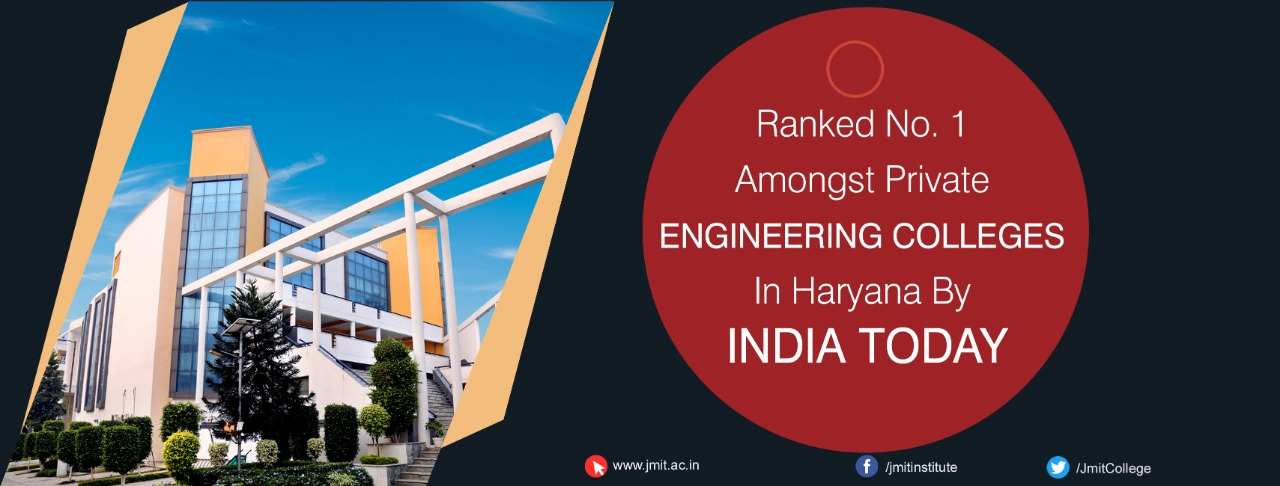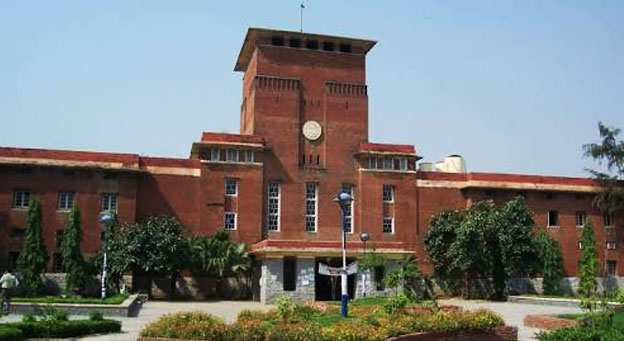From ancient times, children were required to do some work either at home or in the field along with their parents. The problem of child labor was identified as a major problem in the 19th century when the first factory was started in mid 19th century and legislative measures were first adopted as early as 1881. It is an unfortunate manifestation of economic compulsions as well as socio-cultural perceptions. Child labor cannot be totally eradicated unless it is supplemented by comprehensive socio-economic programmes and educational uplift of the under privileged sections of the society and by a total change in the attitude of the society towards child labor. In short, the general improvement in socio-economic conditions of people will result in gradual elimination of child labour. The governments of all developed countries and many developing countries have removed children from the labor force and required that they attend school. They believe that employers should not be permitted to employ child labor and that parents, no matter how poor, should not be allowed to keep their children out of school. Modern states regard education as a legal duty, nor merely a right; parents are required to send their children to school, children are required to attend school, and the state is obligated to enforce compulsory education. Compulsory primary education is that policy instrument by which the state effectively removes children from the labor force. The state thus stands as the ultimate guardian of children, protecting them against both parents and would be employers.
The Indian law prohibits the employment of children in factories, but not in cottage industries, family households, restaurants, or in agriculture. Indeed, government officials do not regard the employment of children in cottage industries as child labor, though working conditions in these shops are often inferior to those of the large factories.
India is a significant exception to the global trend toward the removal of children from the labor force and the establishment of compulsory, universal primary school education. Poverty has not prevented governments of other developing countries from expanding mass education or making primary education compulsory. Many countries of Africa with income levels lower than India have expanded mass education with impressive increases in literacy.




























